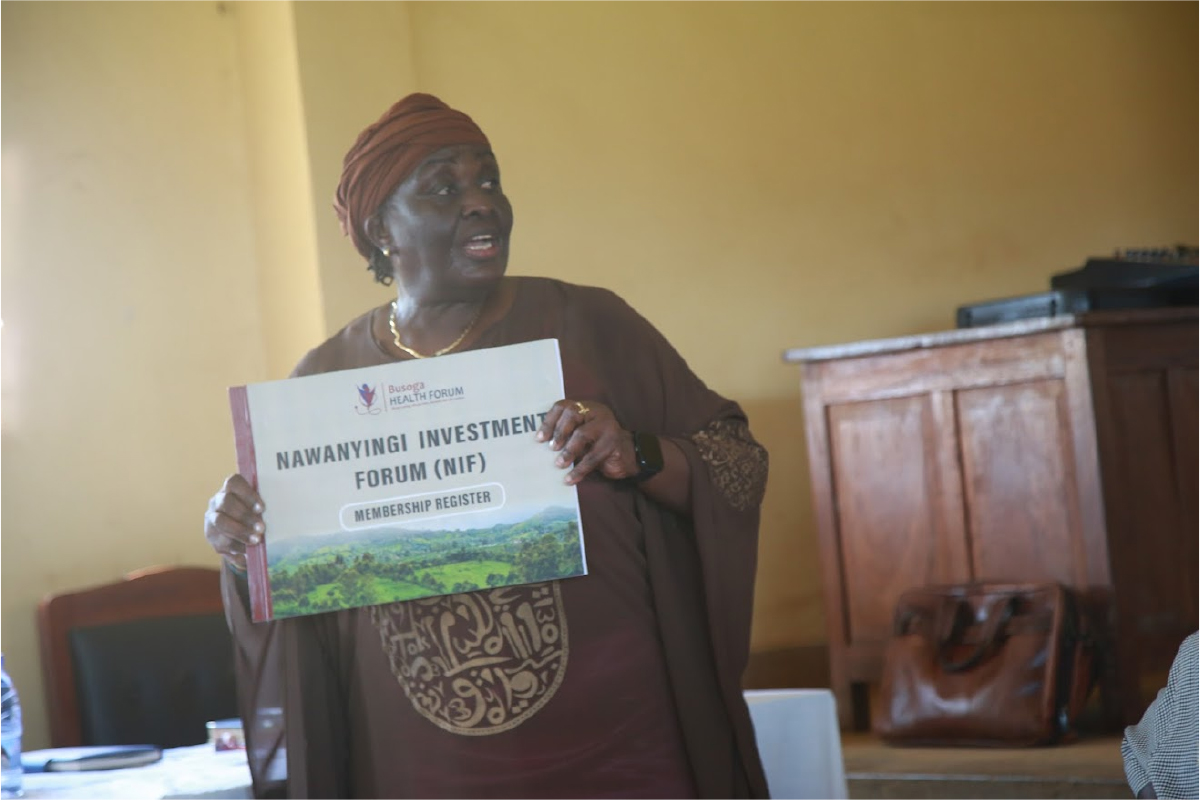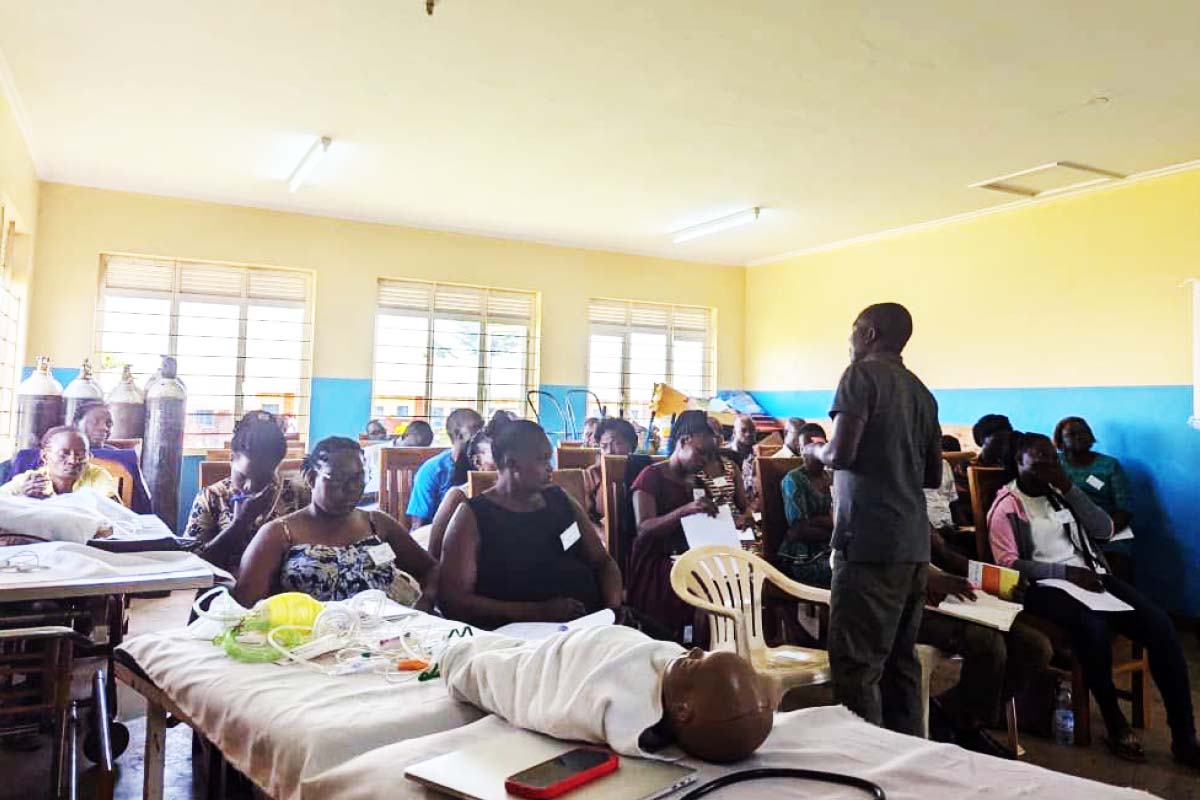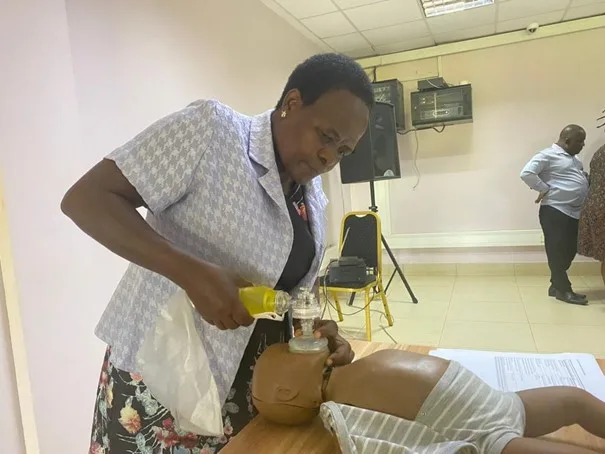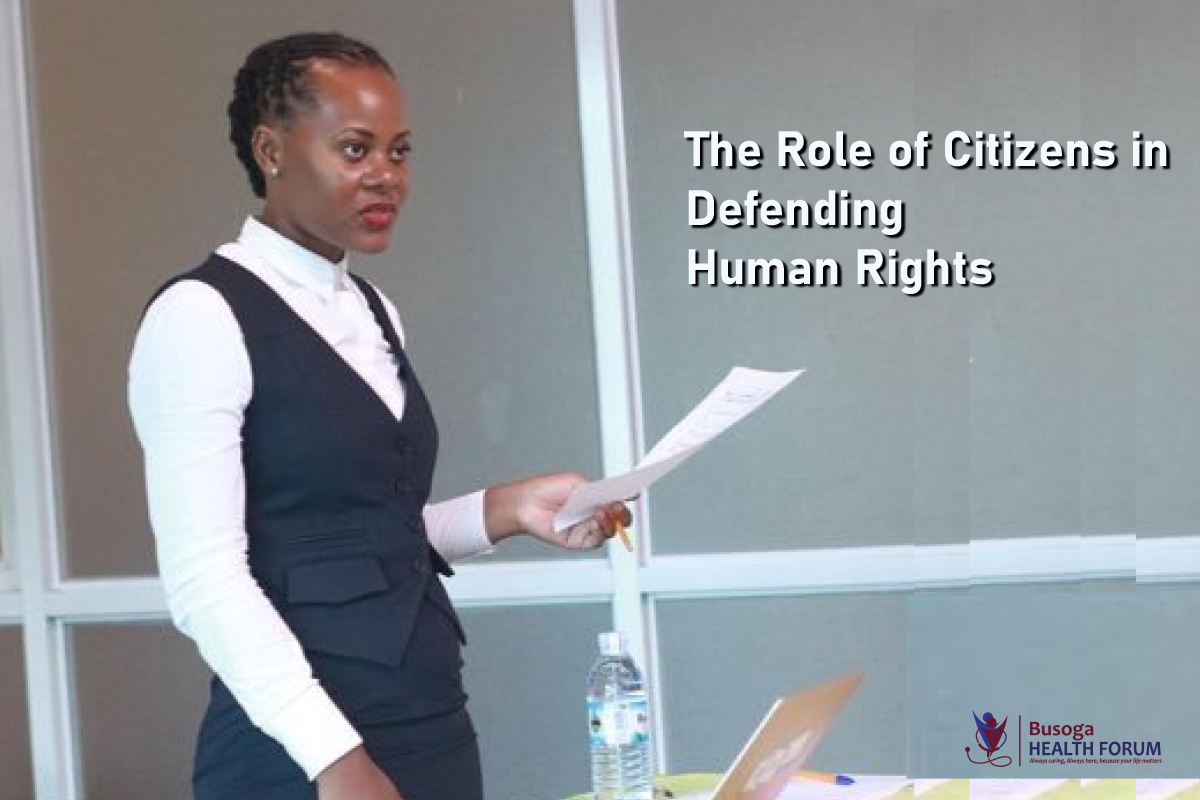
The Role of Citizens in Defending Human Rights – Busoga Health Forum Perspective
On Friday, December 13, 2024, Busoga Health Forum (BHF) hosted a thought-provoking Friday Webinar under the theme The Role of Citizens in Defending Human Rights: Encouraging Public Participation in Advocating for Rights and Holding Governments Accountable. Moderated by Dorothy Akongo, an emerging leader and key figure at BHF, the session marked a moment for dialogue following the conclusion of the 16 Days of Activism Against Gender-Based Violence on December 10. This global campaign, held annually from November 25 to December 10, raises awareness and mobilizes action to eliminate violence against women and girls, aligning significant global milestones, the International Day for the Elimination of Violence Against Women and Human Rights Day.
The Speaker of the day was Counsel Primah Kwagala, a celebrated human rights lawyer and a proud daughter of Luuka District in Uganda’s Busoga Region. Primah serves as the Secretary to Busoga Health Forum Board and the Founding Executive Director of the Women’s Probono Initiative (WPI), an organization committed to creating a Uganda free from violence and discrimination against women and girls. Her advocacy has earned her multiple recognitions, including the EU Human Rights Defenders Award (2022) and the Peace and Reconciliation Laureate (2020), an honor bestowed by the French and German Embassies in Uganda.
Counsel Kwagala’s presentation provided an insightful perspective on citizens’ roles in upholding human rights, drawing from her personal experiences and professional expertise.
Redefining Human Rights: An African Perspective
Counsel Kwagala emphasized that “human rights are entitlements inherent to every person simply by virtue of being human.” While the 1948 Universal Declaration of Human Rights (UDHR) outlined these entitlements from an individualistic perspective, Africa’s interpretation goes a step further. Referencing the African Charter on Human and Peoples’ Rights, Kwagala explained:
The African Charter prioritizes collective rights, recognizing that individuals are deeply intertwined with their communities. This stands in contrast to the UDHR’s focus on individual autonomy. Yet, as Kwagala highlighted, “individual rights—such as access to shelter, food, clean water, and healthcare—remain fundamental and must not be overlooked.”
She illustrated this through the challenges faced by marginalized communities like the Batwa in Kasese District in Western Uganda and the people of Karamoja in the northeast of the country. Despite government efforts to provide housing and infrastructure, cultural considerations were ignored—leaving these initiatives unsustainable. “Access, Availability, Affordability, and Quality (AAAQ) are critical aspects of human rights. Solutions must be culturally acceptable to truly address community needs,” she explained.
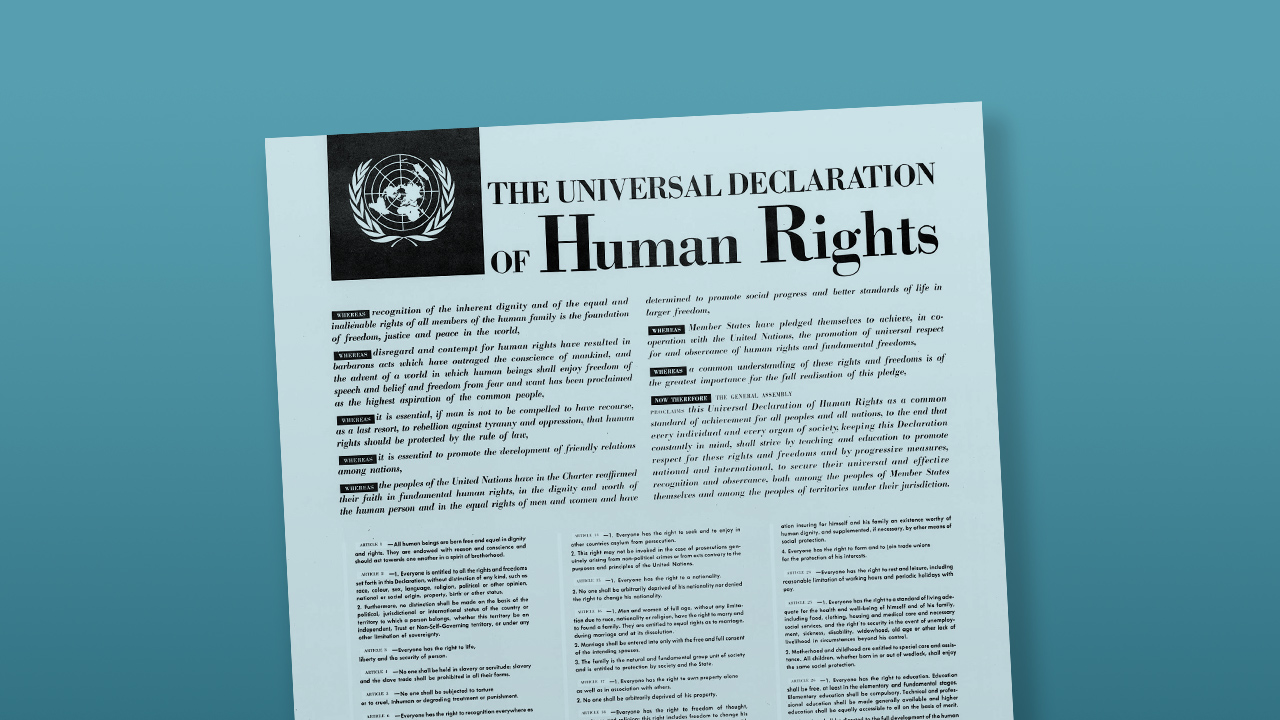
Citizens’ Role in Promoting Human Rights
Counsel Kwagala passionately reminded participants that human rights are everyone’s responsibility, regardless of leadership roles or social status. From heads of families to young professionals, every individual can contribute to protecting and promoting rights. She outlined practical steps citizens can take:
Stay Informed and Raise Awareness
Citizens must actively seek knowledge on human rights issues by listening to radio programs, reading news, attending village meetings, and participating in webinars like those hosted by BHF. Sharing accurate information via social media, writing letters to newspapers, and joining community discussions amplify awareness
Support Marginalized Communities
Volunteer with organizations that advocate for vulnerable groups, including women, children, refugees, persons with disabilities, and the elderly. Simple actions, like dedicating an hour to engage marginalized communities, can make a lasting impact.
Engage in Community Action
Civic participation is vital. Whether it’s cleaning village wells, joining peaceful rallies, or advocating for better healthcare services, collective efforts can drive significant change. Kwagala shared fond memories of her community in Waibuga, Luuka District, where every family contributed weekly to cleaning their water source.
Hold Leaders Accountable
Article 1 of Uganda’s Constitution affirms that power belongs to the people. Citizens must engage with their leaders, participate in elections, and demand accountability. Kwagala encouraged participants to vote for leaders who prioritize human rights and development.
Promote Positive Digital Citizenship
In an era of digital connectivity, citizens must use social media responsibly, sharing accurate, positive, and meaningful information while avoiding hate speech or divisive content.
Support Human Rights Organizations
Donating resources, time, or skills to organizations working on human rights empowers them to continue their vital work. Professionals, especially health workers, have a unique responsibility to share information and contribute to civic education.
A Collective Effort Towards Positive Change
As the webinar drew to a close, Dorothy Akongo shared the importance of community-driven action in defending human rights. She applauded Counsel Primah Kwagala’s powerful insights, emphasizing that female leadership within Busoga Health Forum and beyond plays a important role in advocating for equality and justice.
Busoga Health Forum remains committed to fostering these conversations and inspiring action, empowering citizens to champion human rights locally and globally. As Counsel Kwagala aptly put it:

